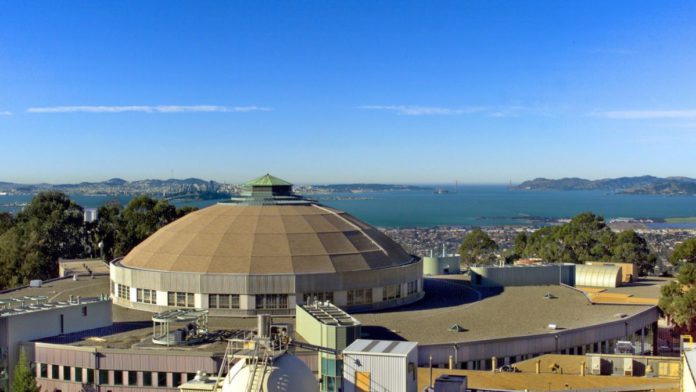A new material research laboratory has been created by a team of researchers lead by Yan Zeng, a scientist at the Lawrence Berkeley National Laboratory (Berkeley Lab), where robots do the labour and artificial intelligence (AI) can make regular judgements. This makes it possible to work continuously and quickens the speed of research.
Although research facilities and equipment have advanced significantly over time, the fundamentals of research have not changed. Each experiment has a human at its core who does the measurements, interprets the results, and chooses the subsequent actions. By utilizing robotics and AI, the researchers under Zeng’s direction at Berkeley’s A-Lab want to speed up research.
Three robotic arms and eight furnaces are part of the 600 square foot A-Lab. With funding from the Department of Energy, construction got under way in 2022 and was finished in little over a year after concept work started in 2020.
Read More: How Students Can Make The Best Use Of Technology To Enhance Learning Capacities
The A-Lab’s function is to create novel materials that can be utilized to create a variety of new products, including thermoelectrics, fuel cells, solar cells, and other clean energy technologies that use temperature differences to produce energy.
For many years, scientists have used computational methods to anticipate new materials, but testing the materials has been a significant bottleneck because it is a time-consuming process. The process can be hastened up to 100 times faster at the A-Lab than it would be with a human.


